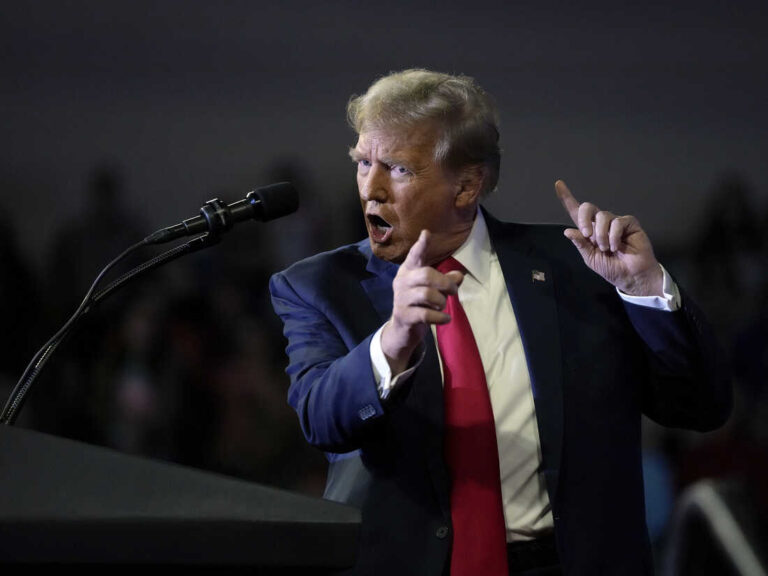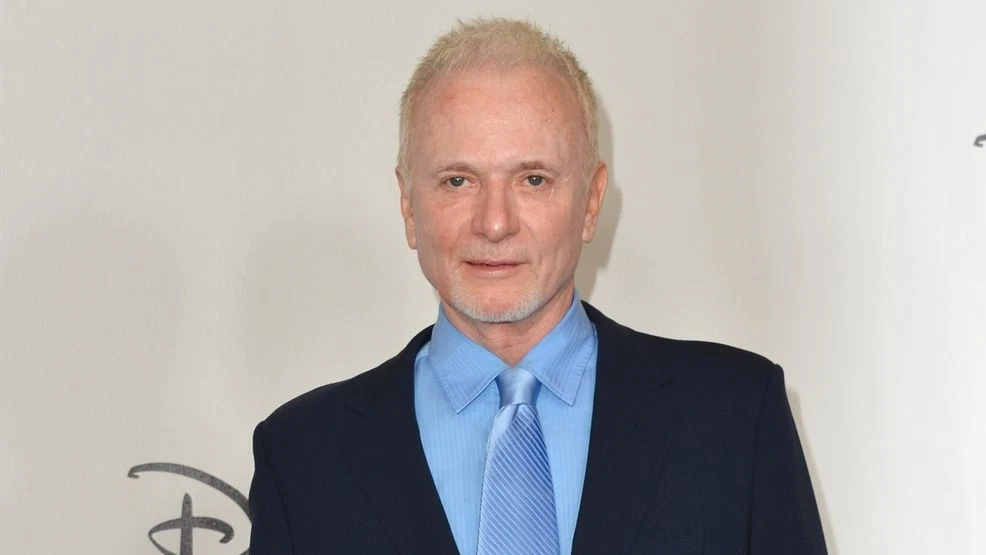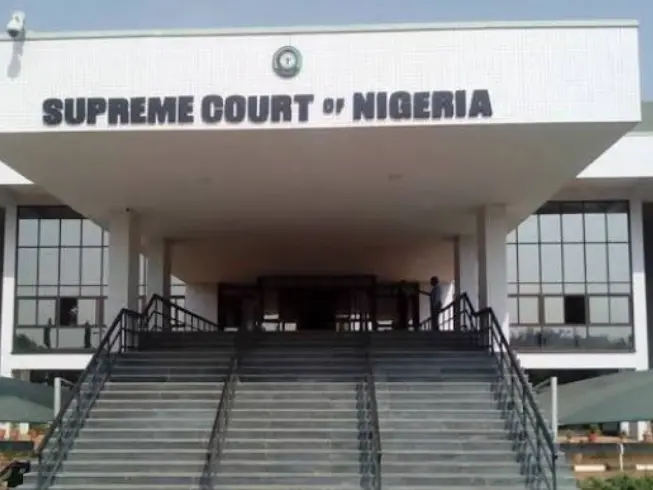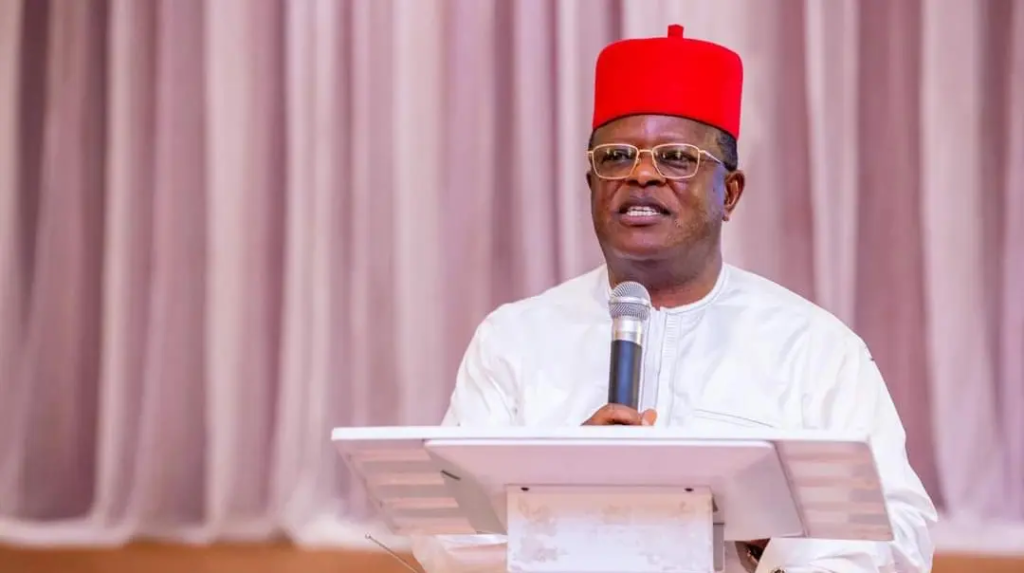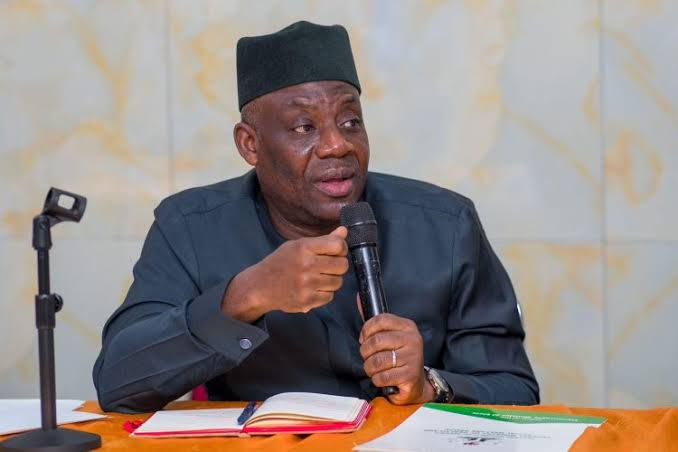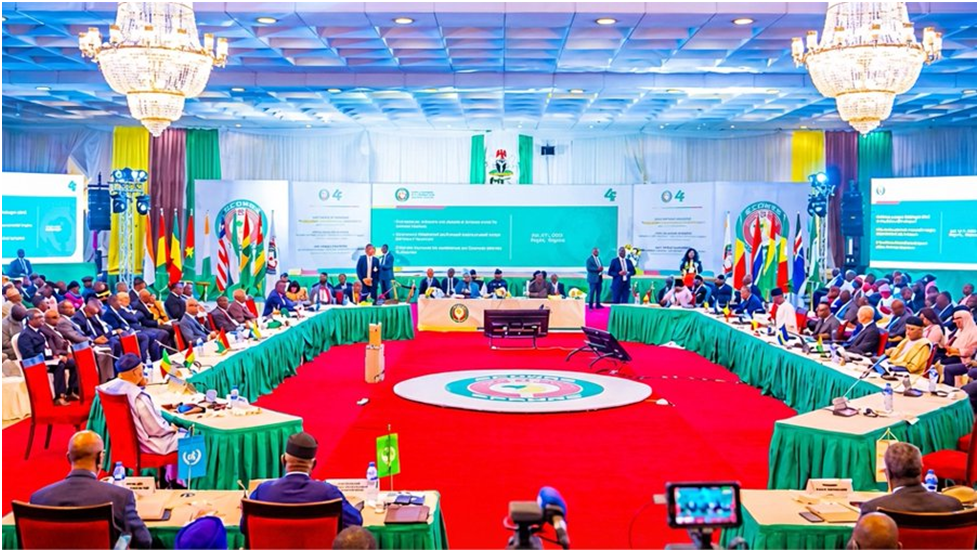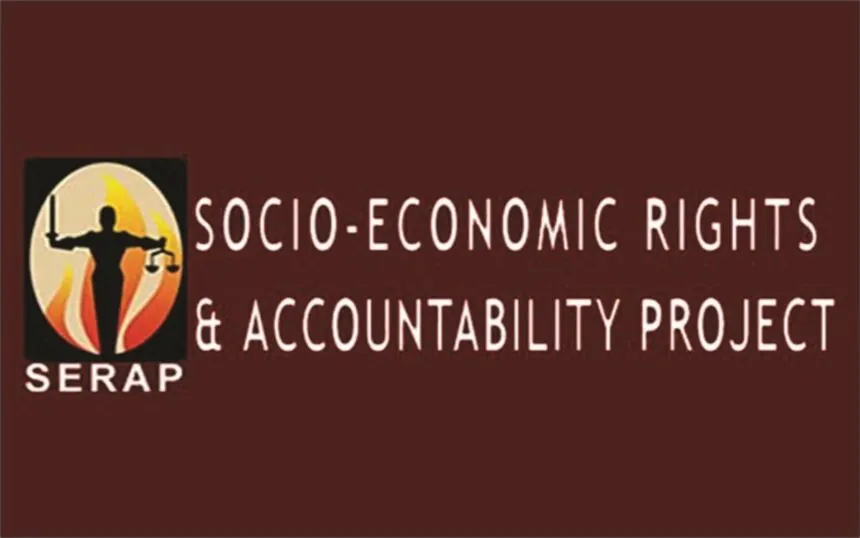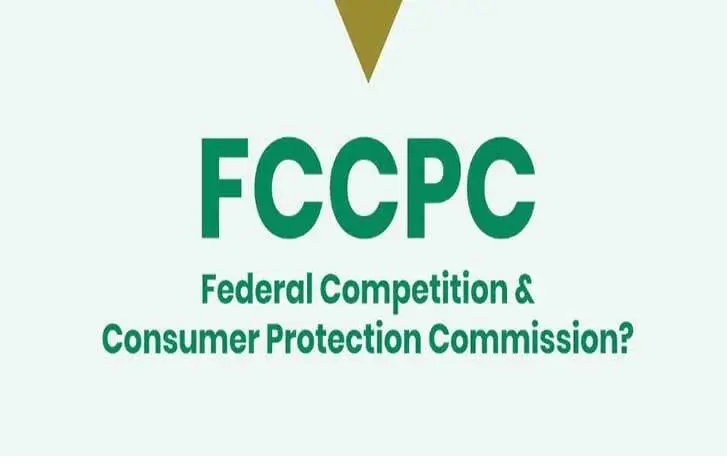During a rally in South Carolina, former President Donald Trump stirred controversy by suggesting that he would “encourage” Russia to attack any Nato member that fails to meet its financial obligations to the Western military alliance.
Trump recounted a scenario where a leader from a “big country” questioned if the US would come to their aid if attacked by Russia due to outstanding payments within Nato. Trump’s response, as he recalled, was blunt: if a nation didn’t pay, it should not expect protection, and he would even encourage aggressors to act freely.
The White House swiftly denounced Trump’s remarks, calling them “appalling and unhinged.” The statement emphasized the danger posed to American national security and global stability by such rhetoric.
Trump’s criticism of Nato’s financial burden on the US and his skepticism about its efficacy are well-known. His stance aligns with his longstanding views on reducing America’s commitments to international alliances.
While Trump’s statements come against the backdrop of Russia’s invasion of Ukraine in 2022, he has shifted focus to the amount of financial assistance provided to Ukraine, a non-Nato member. Despite US aid exceeding $44 billion since the invasion, Republicans in Congress have stalled new funding, linking it to measures on immigration policies.
At the rally, Trump celebrated the rejection of President Biden’s proposed bill, criticizing its perceived failures. However, the aid issue has now been separated from the immigration debate, allowing senators to deliberate on assistance funds independently.

